How effective is the birth control patch?
When you use the patch correctly, it’s great at preventing pregnancy. But things like forgetting to change your patch or taking certain medicines can make it not work as well.
Birth control patch effectiveness
If you use it perfectly, the patch is 99% effective. But people aren’t perfect, and it can be easy to make a mistake — so in reality, the patch is about 93% effective. That means about 7 out of 100 patch users get pregnant each year.
The better you are about using your patch correctly, the better it will work. Your chances of getting pregnant on the patch depend on how well you follow the directions for using it. But there’s a very small chance that you could still get pregnant, even if you always use the patch perfectly.
Make sure you always stay on schedule with your patches. Only put the patch on clean, dry skin. And check your patch every day to make sure the edges are sticking to your skin.
If the patch gets loose, you can put it back on as long as it’s sticky enough to stay all the way on your skin — if the patch won’t stick anymore, throw it away and put on a new patch.
Don’t try to put a patch back on if:
- It isn’t sticky enough to stay all the way on.
- It gets stuck to itself or something else.
- It fell all the way off your skin.
Don’t use tape or other materials to stick a non-sticky patch back on your skin. If a patch doesn’t stick to your skin by itself, it won’t work — put on a new patch right away.
If it’s been more than 1 day (for Twirla), or 2 days (for Xulane) since your patch came loose, put on a new patch right away.
Read more about what to do if your patch falls off.
If you often forget or misplace things, you may want to use another method that you don’t have to remember to change every week, like the IUD, implant, or shot. They’re easier to use and better at preventing pregnancy. But if you decide the patch is right for you, make sure you always put your new patch on on time so it works as well as possible.
What makes the patch less effective?
The main thing that makes the patch not work is not using it correctly. That means you’re more likely to get pregnant if you don’t put on a new patch every week on schedule, or if the patch falls off for more than 1 or 2 days, depending on which patch you’re using — 1 day (24 hours) for Twirla, and 2 days (48 hours) for Xulane.
Some medicines or supplements can also make the patch less effective:
• The antibiotics Rifampin, Rifampicin, and Rifamate (other antibiotics don’t make the patch less effective)
• The antifungal Griseofulvin (other antifungals don’t make the patch less effective)
• Certain HIV medicines
• Certain anti-seizure medicines (these are sometimes also used to treat psychiatric disorders like bipolar disorder)
• The herb St. John’s Wort
Use condoms as a backup method if you’re taking any of these medicines while you’re on the patch. Switch to a different type of birth control if you’ll be taking them for a long time.
The patch may not work quite as well to prevent pregnancy if you have a higher weight. Your nurse or doctor can help you decide if there’s any reason the patch won’t work well for you.
If you swim a lot or spend lots of time in water, it’s a good idea to check your patch often to make sure it's still sticking.
How long does it take the birth control patch to work?
If you start using the patch during the first 5 days of your period, it will start working right away and you won’t need backup birth control. For example, if you get your period Monday morning, you can start using the patch anytime until Saturday morning and be protected from pregnancy right away.
If you start using the patch at any other time in your menstrual cycle, it will take 7 days to protect you from pregnancy. Use another method of birth control — like a condom — if you have vaginal sex during your first week on the patch.
Starting the patch after using emergency contraception:
If you start using the birth control patch after taking any emergency contraception pill — like Plan B or ella — use a backup birth control method (like condoms) for 7 days.
If you recently took the ella emergency contraception pill, don’t start using the birth control patch until it’s been 6 days or more since you had unprotected sex.
If you took a levonorgestrel emergency contraception pill (like Plan B or other over-the-counter brands), you can start using the patch right away.

 Abstinence
Abstinence
 Breastfeeding
Breastfeeding
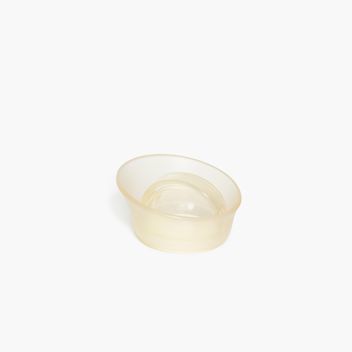 Cervical Cap
Cervical Cap
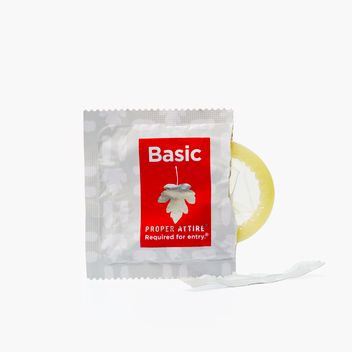 Condom
Condom
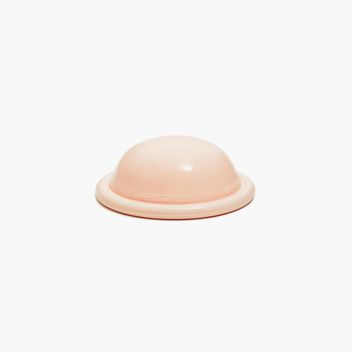 Diaphragm
Diaphragm
 FAM
FAM
 Female Condom
Female Condom
 Implant
Implant
 IUD
IUD
 The Patch
The Patch
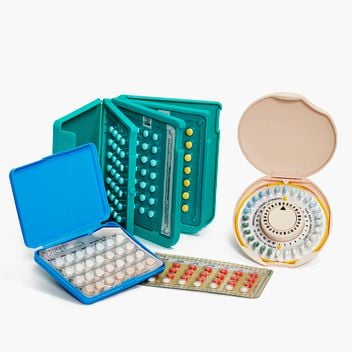 The Pill
The Pill
 The Ring
The Ring
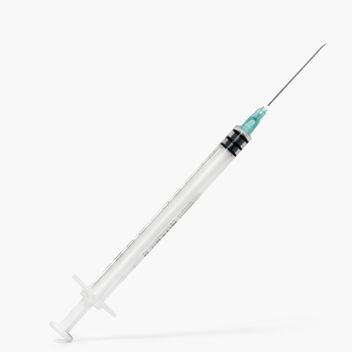 The Shot
The Shot
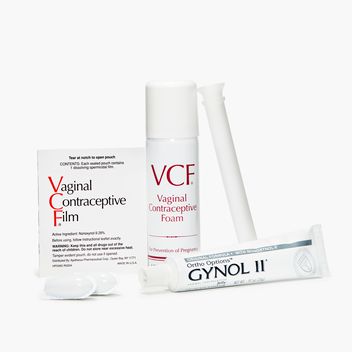 Spermicide
Spermicide
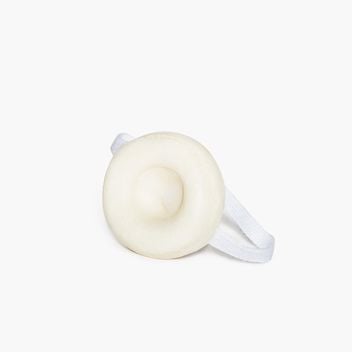 Sponge
Sponge
 Sterilization
Sterilization
 Vasectomy
Vasectomy
 Withdrawal
Withdrawal